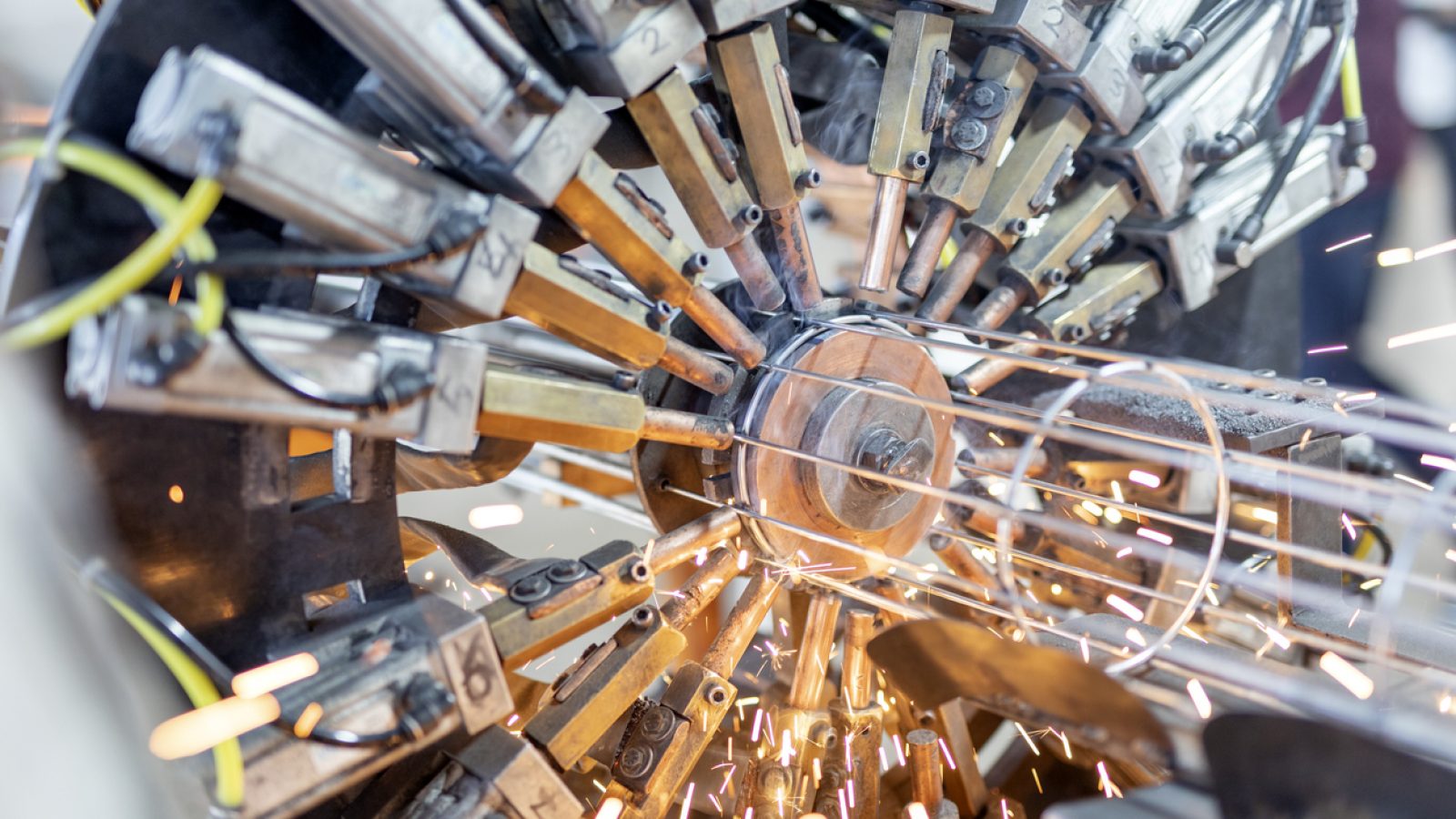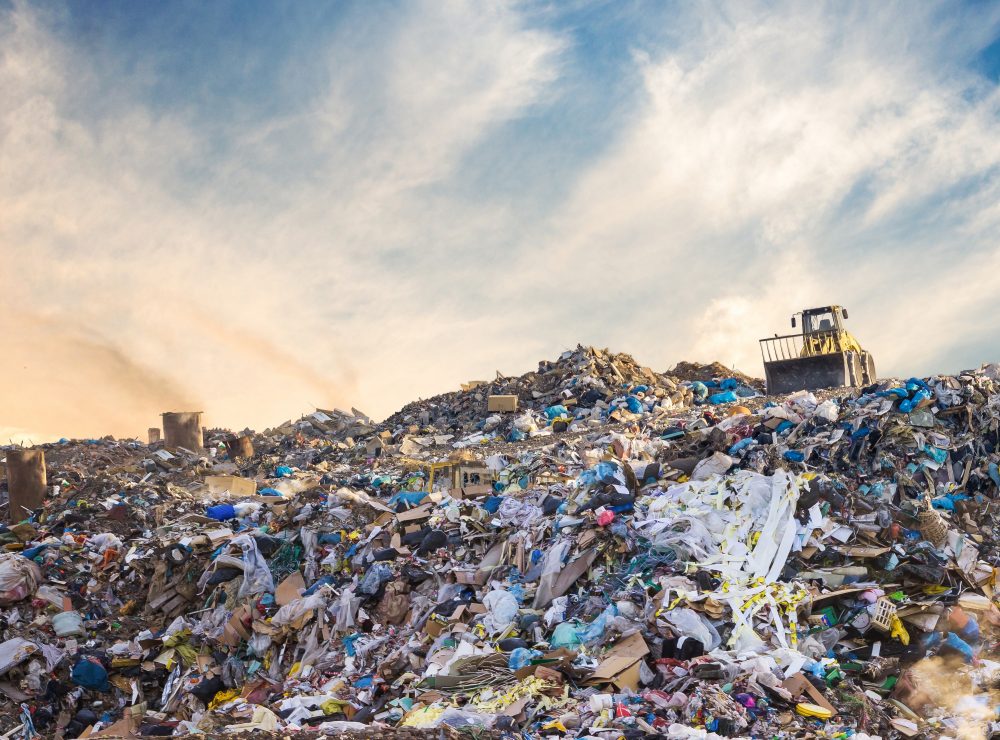 The net zero series sheds light on the work already undertaken by UKRI’s flagship programme -the Industrial Strategy Challenge Fund.
The net zero series sheds light on the work already undertaken by UKRI’s flagship programme -the Industrial Strategy Challenge Fund.We live in a time of unprecedented change. The way we live our lives and do business is impacting the planet and driving environmental change on a scale unique in the Earth’s history. We are consuming our natural resources at unprecedented levels whilst polluting our environment, affecting our air, soils, water and biodiversity. This is increasing the challenges linked to extreme weather and a changing climate which can have devastating impacts on the environment and human life and hinder economic growth. To meet these challenges, and recognising our leadership potential, in 2019 the UK became the first major economy to commit to reducing greenhouse gas emissions to net zero by 2050.
The net zero series sheds light on the work already undertaken by UKRI’s flagship programme – the Industrial Strategy Challenge Fund to address the key challenges that will help the UK build back greener. It will bring together world-renowned researchers and innovators across the breadth of our funding disciplines to discuss the need for innovative solutions to heat our homes, travel to work, develop and transform our industries, cater to our diet, enjoy our leisure time, and prosper from a cleaner, healthier environment in parallel with growing our economy.
UKRI run a monthly webinar from April to November featuring ISCF challenges, UKRI councils and project leads, as well as renowned external experts from academia, industry and technology fields.
This month the webinar focuses on Sustainable Industry
Industry accounts for around one sixth of the UK’s greenhouse gas emissions. More efficient manufacturing practices, higher recycling rates, electrification, hydrogen, renewable power and carbon capture can together help cut industrial emissions by two thirds by 2035, and by over 90% by 2050.
How do you decarbonise the energy and carbon-intensive industries that provide many of the building blocks for the modern world? What low-carbon technologies can increase the competitiveness of industry and contribute to the UK’s drive for clean growth? How can we decarbonise the industries in their journeys to net-zero? What role the industrial clusters can play in paving the path to zero carbon?





